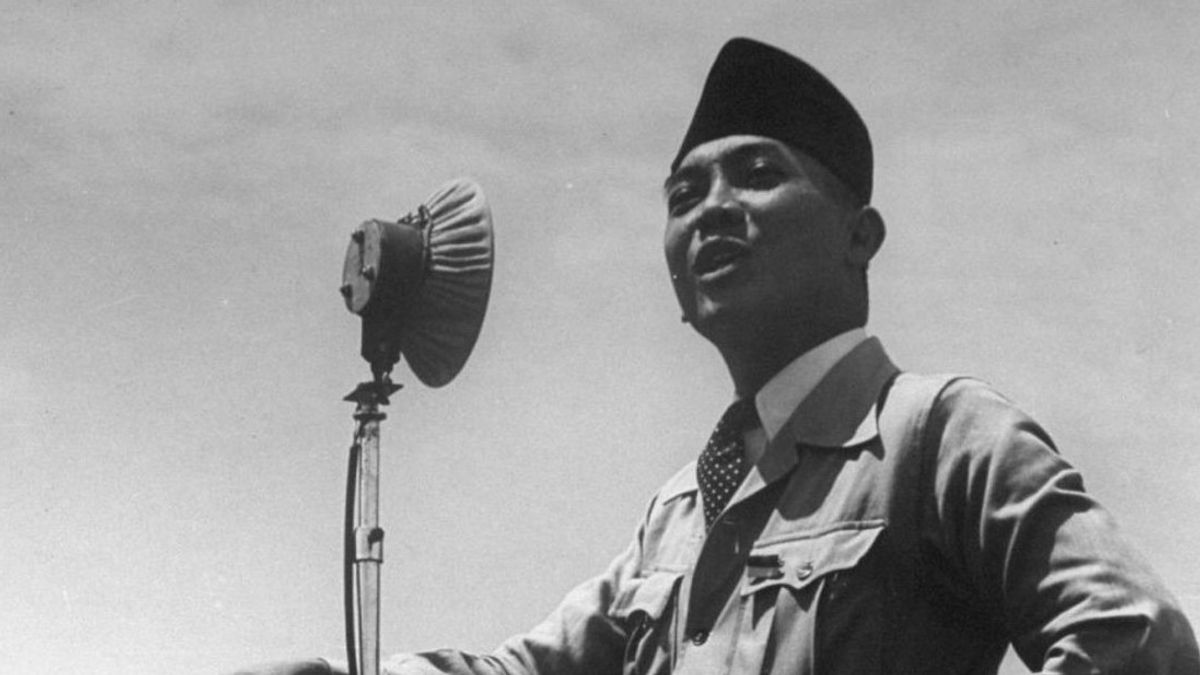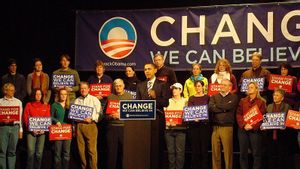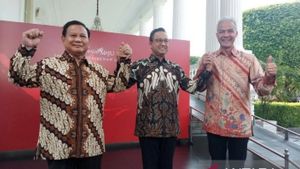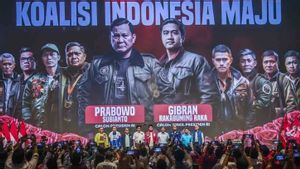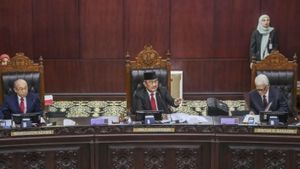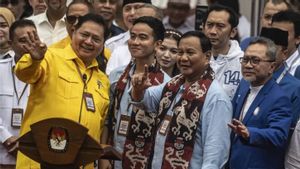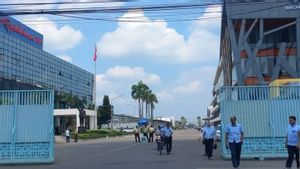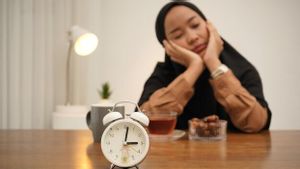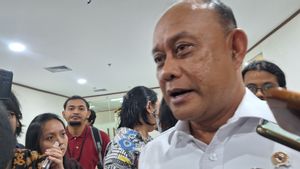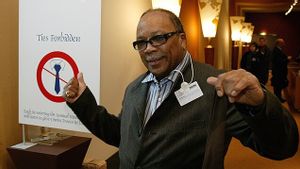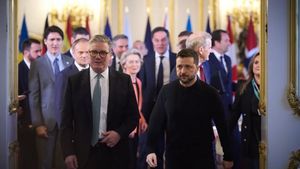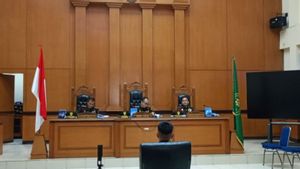JAKARTA "Talking about a product, it cannot be separated from branding or imaging. Most people, perhaps more popular with branding.
In the Big Indonesian Dictionary (KBBI), naming is a process of creating unique names and images for a product in the minds of consumers.
According to Prasetiya University Professor of Marketing, Mulya Prof. Agus W. Soehadi, Pd. D, products are not limited to objects. Products can also be individuals or organizations. Then when talking about the presidential election campaign, the product means the candidate for leader, while consumers are voters or voters.
"When talking about naming in today's era, it is usually related to the basis of rational functions," Agus said at a Public Discussion: Language and Election Campaign organized by Prasetiya Mulya University and the Jakarta Arts Institute (IKJ), in Cilandak, South Jakarta, Thursday (9/11/2023).
"But in the future, branding is not only seen from the rational side, but also from many people who are emotional, when looking at the relationship between products and consumers, seeing between the leader and his followers," he added.
If a rational approach can be seen based on for example the quality and service of a product, it is different from the emotions based on whether you like it or not.
In building a self-graft, the use of language is also very influential and can even be one of the reasons a person chooses a certain candidate.
This could follow Barack Obama's example in the campaign of the President of the United States in 2008 and 2012. In his campaign, Obama was judged to use words that broke down and inspired him.
"At that time blacks were not among the elite in the US, but with the words 'change' attracted his voters. He tried to inspire that people under could become leaders," Obama said.
"This includes self-grafting, that he has the character he wants by the voter," Obama said again.
Effective communication is one of the keys to the success of potential leaders attracting electoral attention. And, to improve the effectiveness of communication can use a charismatic aura approach.
Aura charismatic is an individual who is able to make people submit and obey and the charismatic aura will be stronger if the aura possessed by the leader matches the majority of auras owned by the public.
A person or leader who has a charismatic aura is considered to be able to easily attract people's attention, even making them so loyal to their leaders.
"For example, as said earlier, in the past when President Soekarno gave a speech via radio broadcast, everyone would sit down to listen to the radio. There was such a strong relationship between Bung Karno and his followers," Agus gave an example.
Agus explained that there are eight types of aura that are liked by the public. Namely a sincere aura (innow), adventurers (explorers), brave (heroes), caring (caregivers), educated (sage), luminosity (inspirers), rebels (rebels), and rulers (regulars).
Based on a charismatic aura preference survey conducted on the generalesi Z of UPM and IKJ students in the period 3-7 November 2023, there are three auras that are liked, namely sincere (innocent), caring (caregiver), and the last is a brave aura (hero).
Through the same survey, it was also known that the three presidential candidates (candidates) had different dominant charismatic auras.
"For Presidential Decree Anies Baswedan, the dominant aura of educated students, while the dominant Ganjar Pranowo is the aura of care, and finally Prabowo, the dominant aura is brave," explained Agus.
In recent weeks, negative news in the media seemed to bring down the naming of Prabowo Subianto and Gibran Rakabuming Raka.
Branding Gibran as Prabowo's future vice presidential candidate continues to be tested after his participation in the Mayor of Surakarta in the 2024 presidential election contestation was criticized by many people and overshadowed by the shadow of nepotism.
However, based on several surveys, Prabowo-Gibran's electability still outperforms the other two pairs, namely Ganjar Pranowo-Mahfud MD and Anies Baswedan-Muhaimin Iskandar.
One of them is Populi Center which says Prabowo-Gibran's electability is 43.1 percent, followed by Ganjar-Mahfud 23 percent, and finally Anies-Muhaimin 22.3 percent.
However, please note, Prabowo-Ganjar's electability has also decreased in several surveys, one of which is Ipsos Public Affairs in the period 17-19 October 2023.
The Prabowo-Gibran pair got 31.32%; the Ganjar-Mahfud pair got 31.98%. While Anies and Muhaimin got 28.91% of the votes.
According to Agus, the naming of the Prabowo-Gibran pair was not greatly affected by the negative narrative that was conveyed by the media, because there was a possibility that not all electorals would consume these negative news.
"Judging from the survey results, there are not many impacts, although there are reductions but not big ones, and this is interesting. Maybe not all voters who consume negative narratives," he explained.
There are generation differences, although we haven't surveyed all of them, the generation of boomers, generation X, millennial generation, and generation Z. What we surveyed was generation Z and the question was how far did gen Z consume negative narratives in the media? Agus added.
SEE ALSO:
He further said that the terms nepotism and political dynasties are closer to generation X because they are generally attached to the events of 1998. And, this is not experienced by Generation Z.
Even so, Agus did not deny that the shadow of nepotism would still haunt the Prabowo-Gibran couple.
"Now, it's just a matter of how far the couple goes to confirm these issues. Maybe this will be done during the campaign period," Agus concluded.
The English, Chinese, Japanese, Arabic, and French versions are automatically generated by the AI. So there may still be inaccuracies in translating, please always see Indonesian as our main language. (system supported by DigitalSiber.id)
